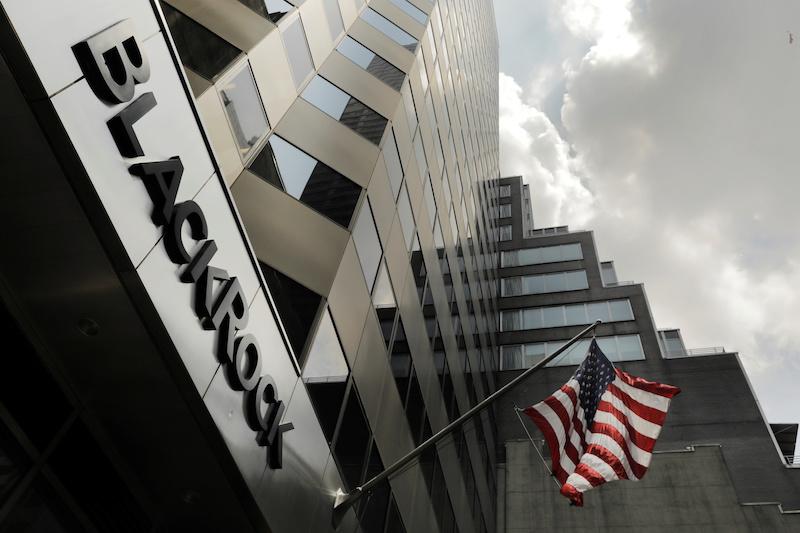Red state officials put more heat on BlackRock this week, with Mississippi charging that the world’s largest asset manager had misled investors about its support for the progressive environmental social governance movement, also known as ESG, in violation of state securities laws.
“Investment companies will not push their political agenda on Mississippians, especially through fraudulent and deceptive means,” Michael Watson, Mississippi’s secretary of state, said in an issued statement. “All citizens should have the opportunity to make informed and educated decisions when investing their hard-earned money.”





